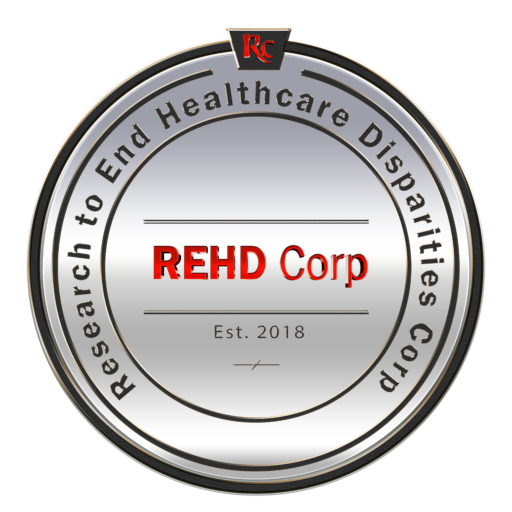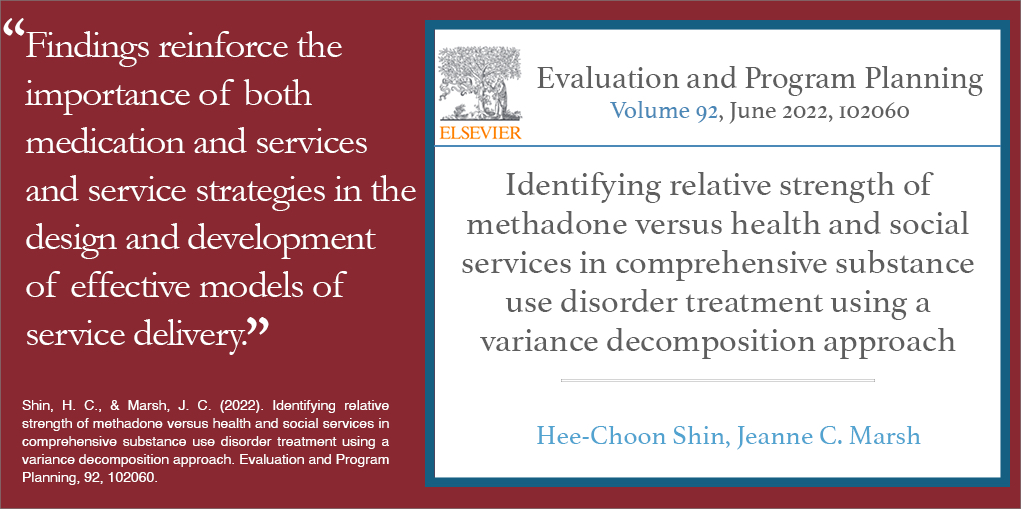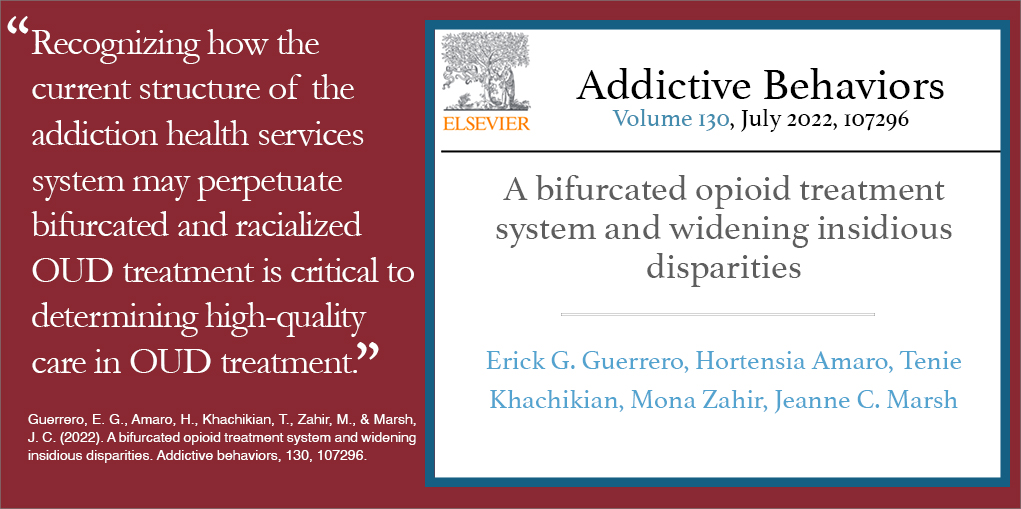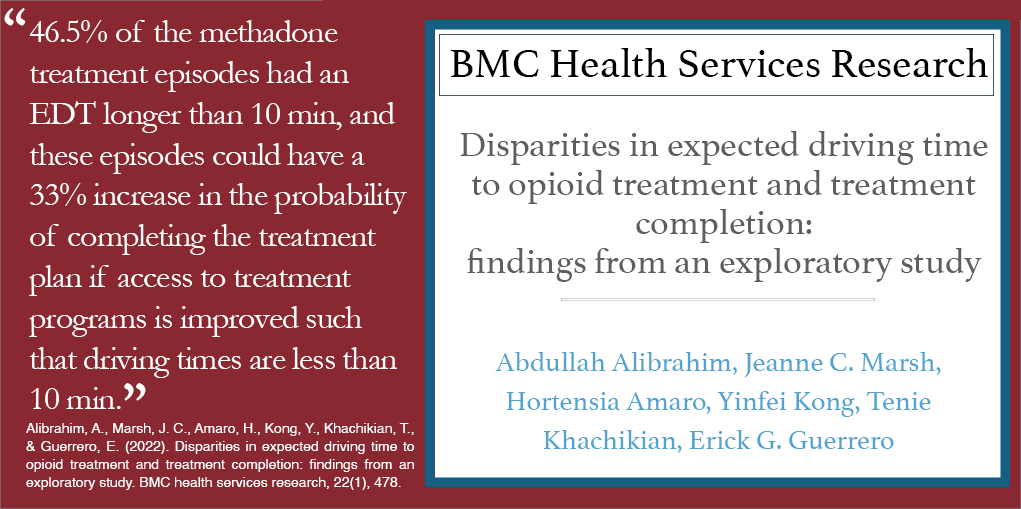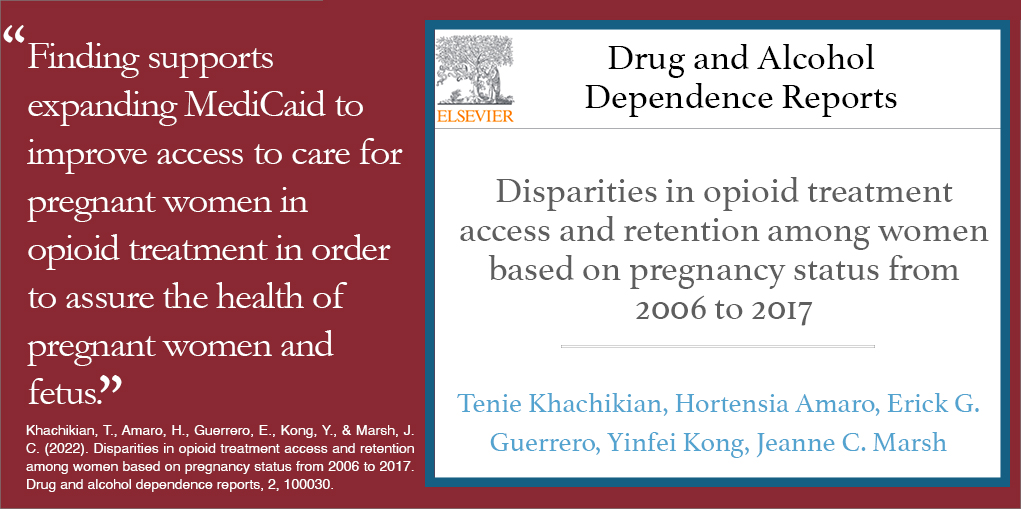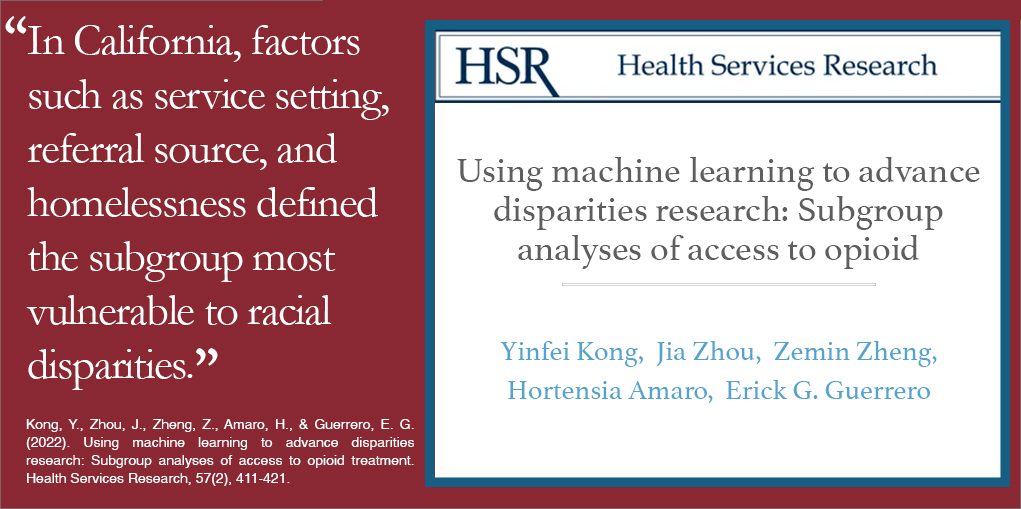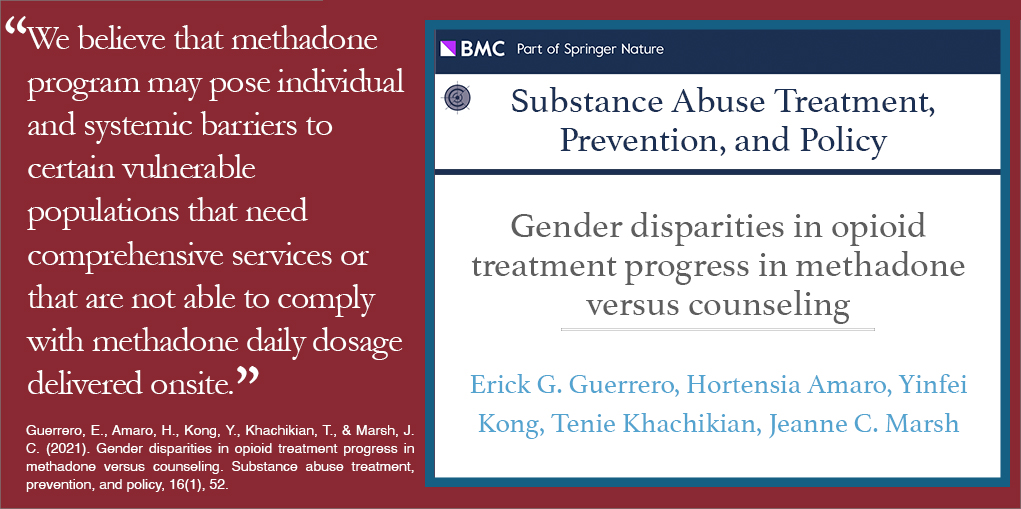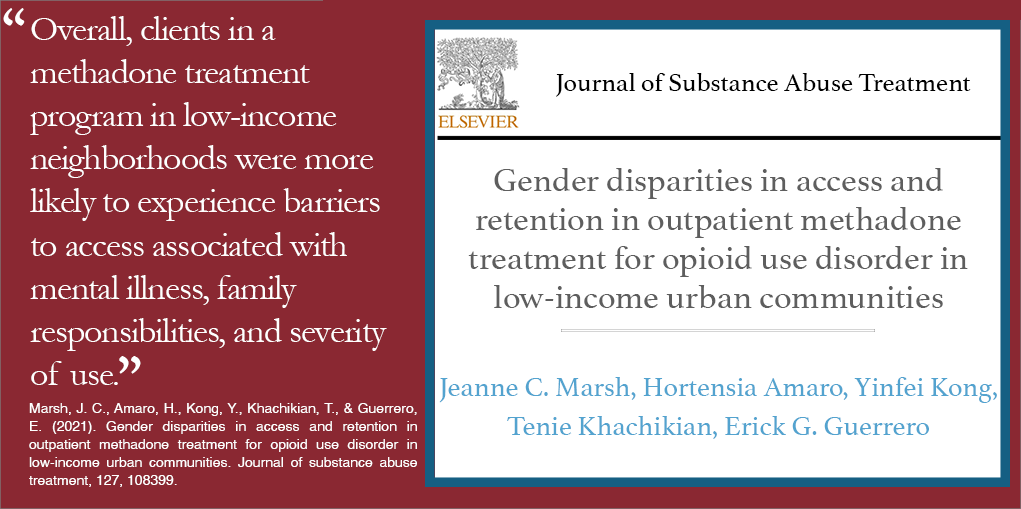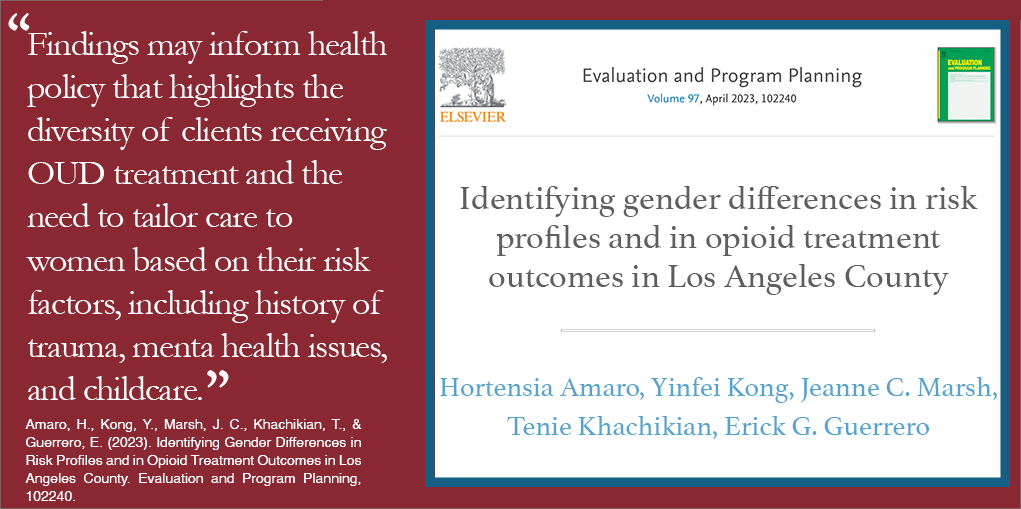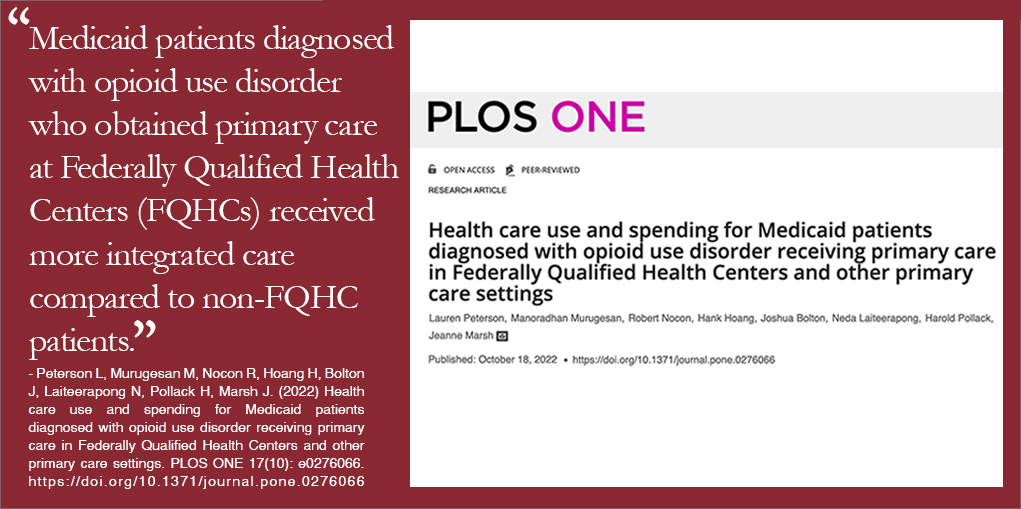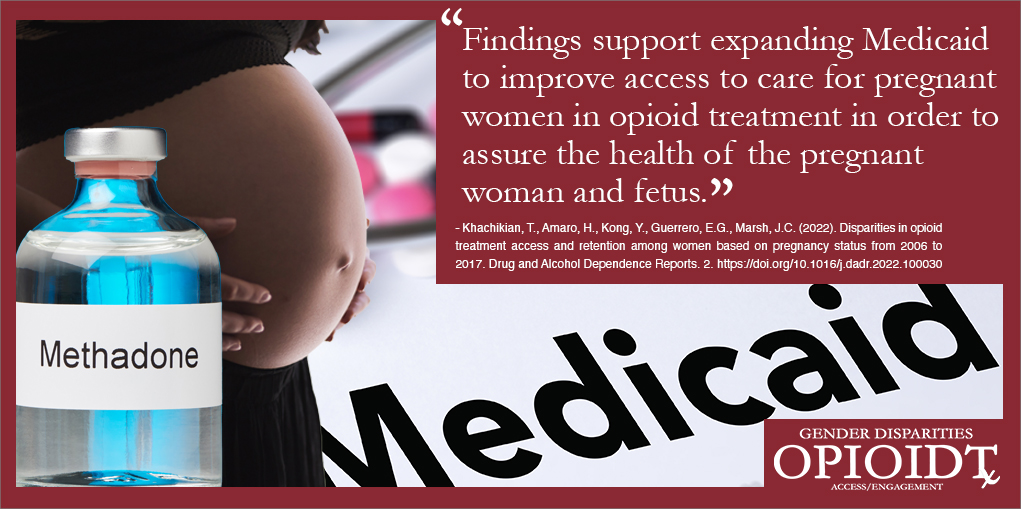What’s Keeping the Mental Health System from Providing Substance Use Disorder Services?
Co-occurring mental health and substance use disorders (SUD) are common among individuals that receive psychiatric services, yet it is rare that a provider in the mental health system provides concurrent services for SUDs. Researchers say this deficiency in the system is due in part to mental health and SUD treatment providers traditionally using different funding, regulatory and clinical frameworks to treat clients with co-occurring disorders, making collaboration across providers difficult.
In California, some of these problems were addressed in 2004 through the Mental Health Services Act (MHSA). The law set out to transform the state mental health system, including how services are provided for co-occurring disorders. That said, little is known regarding whether this system transformation has solved the problems described above. In a study published in Psychiatric Services, a group of researchers led by Dr. Erick Guerrero identified the barriers that still exist for providing integrative services to individuals within the mental health system that exhibit co-occurring disorders.
The research team conducted focus groups of mental health providers to learn about their delivery of services for co-occurring disorders. Overall, they interviewed 34 providers working for six programs located in urban areas that served a low-income and ethnically and racially diverse population. The team learned about the factors that affect delivery of coordinated and integrated care, which they categorized into barriers within the mental health system and barriers in coordinating care with specialty SUD treatment providers.
The following barriers were identified within the mental health system:
- Organizations haven’t been able to sustain integrated care, as many important services have stopped being provided.
- Clinic leadership hasn’t provided sufficient opportunities for training with regards to treatment of co-occurring disorders.
- Restrictions on billing services outside of mental health services means that SUD related behaviors can only be addressed as a means to improve psychiatric outcomes and functioning.
The following barriers were identified in coordinating care with specialty substance use disorder treatment providers:
- Perceived shortcomings of the SUD system, which is fragmented and difficult to navigate for specific needs.
- Challenges communicating with SUD treatment providers due to regulations in communicating with outside providers and lack of time to contact programs providing other services.
- Difficulties in reconciling multiple treatment approaches, as SUD treatment providers usually have different methods and procedures.
Overall, the focus group participants noted that there are a number of barriers to providing care for patients suffering from co-occurring disorders. These long-standing barriers have persisted even after the implementation of MHSA and the devotion of significant resources from Los Angeles County and other state and county agencies.
To view the study in its entirety, please click here.
Source: “Barriers to Serving Clients with Co-occurring Disorders in a Transformed Mental Health System”, Psychiatric Services
